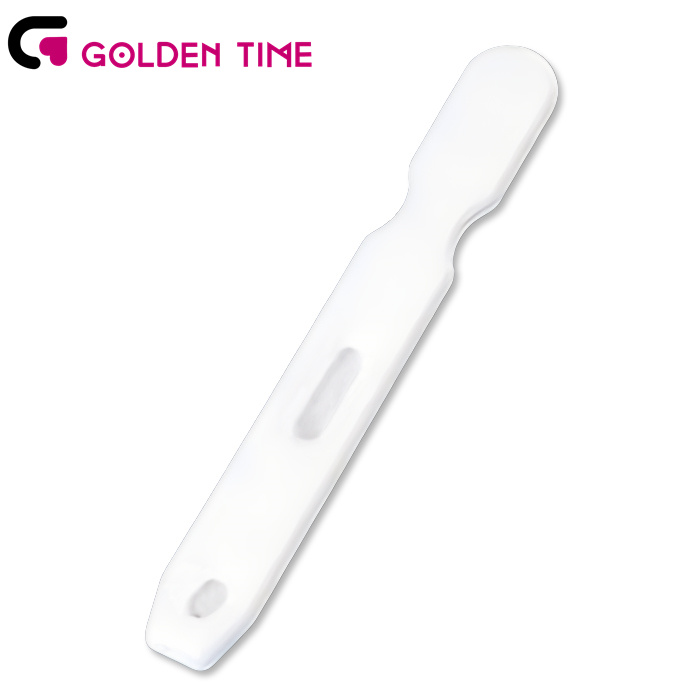नोभ . 10, 2024 08:10 Back to list
Wholesale Suppliers for Rapid HIV 1 and 2 Antibody Testing Kits
Wholesale Rapid HIV-1/2 Antibody Test Suppliers Meeting the Global Demand for HIV Testing
HIV remains a major public health issue worldwide, prompting an urgent need for effective diagnostic solutions. Among these, rapid HIV antibody tests have emerged as vital tools in the response against HIV/AIDS, facilitating early diagnosis and timely treatment. This article explores the significance of wholesale rapid HIV-1/2 antibody test suppliers and their role in ensuring accessible testing options for communities around the globe.
Understanding Rapid HIV Testing
Rapid HIV tests are designed to provide accurate results in a short timeframe, typically within 20 minutes. These tests detect antibodies to HIV-1 and HIV-2, allowing for immediate feedback in various settings, from clinics to community outreach programs. The ability to quickly diagnose HIV contributes to early intervention, reducing the risk of transmission and improving health outcomes for affected individuals.
Importance of Wholesale Suppliers
Wholesale suppliers play a crucial role in the distribution of rapid HIV tests, ensuring that healthcare providers have reliable access to these essential tools. By purchasing tests in bulk, clinics, hospitals, and organizations can offer affordable testing services to underserved populations.
Key Factors When Choosing a Supplier
1. Quality Assurance The reliability of HIV tests is paramount. Suppliers should provide products that meet the regulatory standards established by health authorities, including the World Health Organization (WHO) and the U.S. Food and Drug Administration (FDA). Suppliers should also have certifications and quality control measures in place to establish trust with healthcare providers.
wholesale rapid hiv 1 2 antibody test suppliers

2. Product Variety A diverse range of testing kits is available, including single-use tests, panel tests for multiple infections, and tests that utilize different sample types such as blood, saliva, or urine. Suppliers who offer a variety of products allow healthcare providers to choose tests that best match their specific needs and circumstances.
3. Cost-Effectiveness Cost remains a crucial factor for healthcare systems that operate under tight budgets. Wholesale suppliers typically offer competitive prices, enabling healthcare providers to stretch their resources and maximize outreach efforts. By reducing the cost per test, suppliers help facilitate widespread testing campaigns even in resource-limited settings.
4. Timely Delivery The need for rapid testing often translates to a requirement for prompt supply chain logistics. Suppliers with efficient distribution networks ensure that healthcare providers receive their orders on time, minimizing delays in testing and treatment initiation.
5. Support and Training Beyond just supplying tests, reputable suppliers often provide additional support, including training for healthcare personnel on how to correctly administer the tests and interpret the results. This educational component is vital in ensuring accurate testing and enhancing the competencies of medical staff.
Global Reach and Impact
The demand for rapid HIV testing supplies is not confined to high-income countries; it extends significantly to low- and middle-income countries where the burden of HIV is often the highest. Wholesale suppliers that focus on global outreach can make a significant difference by providing testing kits to regions most in need. Their efforts contribute to larger public health initiatives, including screening programs and awareness campaigns aimed at reducing the prevalence of HIV.
Conclusion
As the world continues to grapple with the implications of HIV, wholesale rapid HIV-1/2 antibody test suppliers shine as key players in the healthcare landscape. By ensuring adequate availability, affordability, and accessibility of HIV testing, these suppliers help facilitate early diagnosis and treatment, ultimately contributing to better health outcomes. The collaboration between suppliers, healthcare providers, and communities is essential in driving the fight against HIV/AIDS. As we progress, sustaining partnerships and fostering innovation in testing technologies will be pivotal in achieving an HIV-free generation.
-
Dengue NS1 Rapid Diagnostic Test Kit
NewsMar.07,2025
-
Dengue NS1 Rapid Diagnostic Test Kit
NewsMar.07,2025
-
Dengue NS1 Rapid Diagnostic Test Kit
NewsMar.07,2025
-
Transferrin Rapid Test Cassette Tumor Marker TF Card
NewsMar.07,2025
-
Malaria Pf Pan Rapid Diagnostic Test Kit
NewsMar.07,2025
-
malaria pf / pan ag rapid test
NewsMar.07,2025

